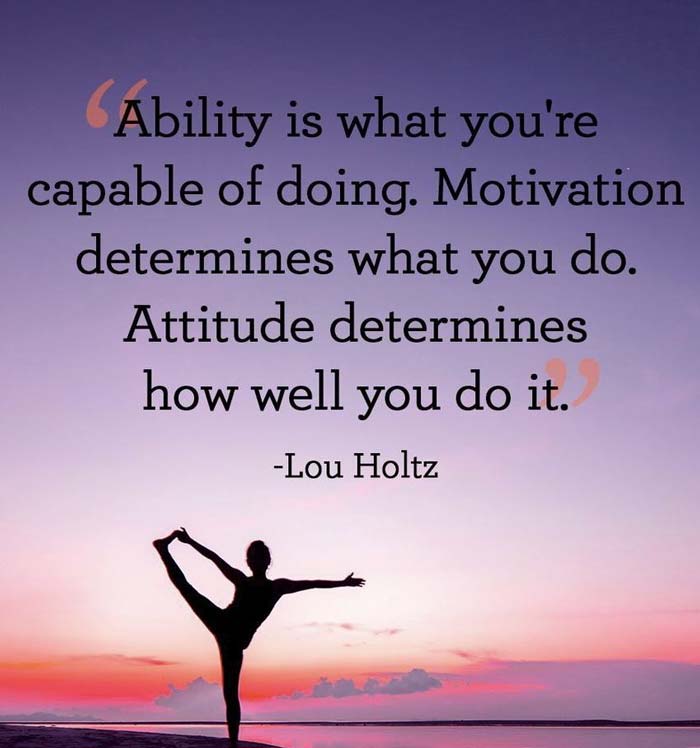Wellness & Aesthetics By When SEMAGLUTIDE WEIGHT LOSS
You’ve decided to start a new weight loss journey…

You’re not alone… millions of Americans have been successful in losing weight with the help of Semaglutide. The key to success➡️USE IT AS A TOOL, not an answer. Semaglutide is not an end all be all. Use it as an opportunity to make lifestyle changes that have been difficult to do when weight loss goals/plans/diets/journeys have been difficult or unsuccessful in the past. Make a commitment to yourself❤️
What is Semaglutide? Semaglutide belongs to a class of medications known as glucagon-like peptide-1 receptor agonists, or GLP-1 RAs. The medication mimics the GLP-1 hormone, released in the gut in response to eating.
Increasing GLP-1 reduces glucose in response to insulin production. GLP-1 in higher amounts also interacts with the parts of the brain that suppress your appetite and signal you to feel full. When used responsibly with diet and exercise, it is a great way to achieve significant weight loss — as well as a reduced risk of cancer, diabetes and heart disease.
Who should and should not consider Semaglutide? According to the FDA, Semaglutide for weight loss is appropriate if you have a body mass index (BMI) of 27 or greater and at least one weight-related condition, such as high blood pressure, Type 2 diabetes or high cholesterol. Or have a BMI of 30 or more without other risk factors. Avoid semaglutide if you have: History of medullary thyroid cancer; History of gallbladder disease; History of pancreatitis; or Multiple endocrine neoplasia syndrome type 2 (MEN2).
✨KEYS TO SUCCESS✨
Water is important!!💦And the culprit for many of the untoward side effects. It’s a lot of water.. just start drinking more until you get there. The goal (if not contraindicated for any medical reason ie. hx of hyponatremia, one kidney, etc.) is half your current weight + 20 in ounces throughout the entire day.
Nutrients. With appetite suppression and delayed gastric emptying, we are restricting calories, which in turn is restricting nutrients. And if the foods you are eating, are not rich in nutrients when you do eat, it can lead to subclinical nutrient deficiencies. And if you have any of the following.. these put you at an even higher risk for these deficiencies: malabsorption, alcohol abuse or miss use, anorexia, inflammatory, gut issues, older age, advanced diabetes, unmanaged diabetes, ongoing use of antacids or diuretics, and any single nutrient deficiency such as B1, iron, zinc, vitamin C…
Avoiding nausea🤢with meeting your water goals, avoiding sugar and foods with high saturated fat will also help. Eat small portions. If nausea is persistent, ginger or peppermint are natural remedies. Or a prescription for ondansetron can be obtained if the nausea is intolerable and you choose to continue therapy. Keep in mind many of the side effects, especially the nausea, will subside after a few weeks if you are able to push through.
Heartburn❤️🔥due to delayed gastric emptying. Eat small meals. Avoid laying down 60-90 minutes after eating/or taking medications. If it’s a persistent problem for you, ginger, fennel and peppermint are natural antacids. Or over the counter medications, such as Zantac or Omeprazole, can also be helpful.
Constipation💩due to delayed gastric emptying. Meet your water goals. Add a magnesium supplement at night. Or increase daily fiber. Add a short term stimulant such a senna (tea or supplement), or miralax.
Tiredness or fatigue,😪likely related to water intake. Meet your water goals! And keep moving. Activity level should be added and increased as you go. Start with a daily step goal. If you’re not very active currently, make it 10,000. If you’re already reaching your 10,000 steps, increase to 12,000. Then find activities that increase blood flow, strength, balance and flexibility. Micronutrients may be lacking due to decreased caloric intake, including fat soluble vitamins. Consider IV infusions-🍊🍋🥕appointments can be made via text. Or over-the-counter supplements/multivitamins may be helpful.
Cravings.🍭Also, likely related to water intake. Do your best to avoid giving in!! Remember, your fat is smart, it wants to redistribute, and it wants to increase. Meet your water goal. Get busy with a 10 minute task, and the craving is likely to pass.
Headache.🤕Broken down fat is eliminated by our lymphatic system. The lymphatic system is dependent on our water intake. If the fat breaks down and is unable to leave because there’s not enough water in the system, you will feel the effects with headache, tiredness, and redistribution of fat. Meet your water goal.
Skin laxity.💪The weight loss is nondiscriminatory on our bodies. Skin laxity and sagging will happen with significant weight loss. You can combat this along the way by using a high-quality collagen supplement (we recommend NuSkin- the link below will take you there) and meeting your water goals. When you reach your weight loss goal, skin tightening procedures, such as a Morpheu 8 and Bodytite/Facetite may be needed. We can set those consults up as you get closer to your weight loss goals.
Plateau.🏃🏽♀️A few weeks or months in and the weight loss has stopped, slowed, or worse– you’ve gained a bit. This is when it’s important to step back and take a hard look at all the other things you’re doing. From the beginning, the goal is working on a plan for improved lifestyle and adherence to modifications that will sustain weight loss. Some rebound weight gain will be expected when you stop taking an appetite suppressant drug. However, there are many ways to be successful in keeping that long awaited weight loss off!
Customize your plan. There’s no one-size-fits-all for everyone. However, here are some of the changes and goals people taking semaglutide should be aiming for during their treatment journey…
Moderate your carbohydrates– this can be as simple as swapping out things like chips and pretzels for nuts or almonds. Pastries and breads for yogurts, and dense grains like quinoa. Consider substitutes like cauliflower, corn, and other plant based products instead of pastas and white rice. Good carbs sustain our energy.. bad carbs lead to unhealthy self sabotage and leave us feeling poor.
Avoid unhealthy habits– If you’re eating high proteins and low carbs, but in a dirty way, often referred to as “dirty keto.” This promotes poor food choices. Again, not ensuring, nutrients and not monitoring the right kind of fats, overdoing sugar equates to not giving your body what it needs to function properly when you do take in calories.
Your plan should include moving more- regular physical activity is good for prevention of chronic medical conditions, improved bone health, and maintaining mental health. Maintaining physical activity and even increasing it after weight loss will be highly effective in maintaining goals. Start with a walking goal, and slowly increase time, intensity, and types of activities you enjoy. Keep moving!!! Circulating your blood flow with movement and deep breathing makes a huge difference in your energy level, mood, and ability for your body to deliver cellular support.
Sleep- skipping on quality sleep has been well associated with weight gain, adverse blood sugar control, and increased hunger/cravings. Making sleep a priority is just as important as the other lifestyle changes on a weight-loss journey. Be consistent with sleep and wake times during the week and on weekends. Practice good sleep hygiene using routines at bedtime, avoiding electronics and eating at least one hour before laying down.
Make what you eat count- fuel your body with foods that fill you up and sustain your energy. Choose foods that are associated with increased satiety, fullness and satisfaction. The Mediterranean diet includes foods with these “full factor” components.
Subclinical Nutrient deficiencies- as a result of fat breakdown and calorie restriction, you are highly likely to be sub- clinically deficient in fat-soluble vitamins, trace minerals, B Vitamins, electrolytes, ect. Please ensure that you are making efforts to keep up on these. Individual care plans and suggested supplementation are a great way to stay on top of this.
Focus on health, not weight- depending on your chronic medical conditions, staying on semaglutide long term may or may not be appropriate for you. It is definitely not a one drug fits all approach. Alternatives may be necessary for some people. There are supplements available to help with appetite suppression that can be used independently or concurrently with the injections. There are other GLP1’s on the market that may be more effective, though more costly, but are still available. Taking a holistic approach to your weight loss will help you be successful. Stay in control. Maintain positive and productive mental health, and maintain good relationships, along with improving diet, activity, and sleep.
https://linktr.ee/Whenllc (collagen)
https://www.heart.org/en/healthy-living/healthy-eating/eat-smart/nutrition-basics/mediterraneandiet
https://www.mentalhealth.org.uk/explore-mental-health/publications/our-best-mental-health-tips
📞To schedule an infusion, purchase adjunct supplements, or any questions or concerns
regarding your weight loss journey, please contact your committed providers via text or call…
Shannon Lindner, NP (715) 451-9008
Dr. Kevin Ferreira (715) 741-9469
